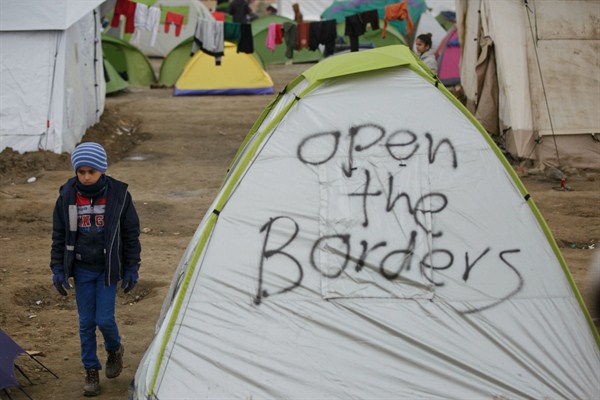The past year has seen the emergence of the biggest refugee crisis in Europe since the end of World War II, with almost 1.3 million asylum-seekers arriving in 2015, mostly on boats from Turkey or North Africa. The vast majority have been Syrians fleeing the devastating collapse of their country, though they have been joined by people from Iraq, Afghanistan, Eritrea and a range of other troubled countries. Those seeking protection have arrived in a divided, disorganized and panicked continent. The inadequacy of Europe’s response has jeopardized not only international refugee norms but, in the recent words of French Prime Minister Manuel Valls, “the very idea of Europe” itself.
Europe has dealt with refugees on a large scale before. Only 20 years ago, the collapse of the Soviet Union led to war in Yugoslavia and, soon after, the conflict in Kosovo, resulting in the internal and external displacement of over 3 million people. The plight of these forced migrants generated limited but effective cooperation among European countries. Temporary asylum was provided until peace returned to the Balkans.
Yet the current situation is even more challenging. More than half the population of Syria is displaced, with several million people scattered across Jordan, Lebanon and Turkey, whose commitment to take in Syrian refugees dwarfs Europe’s. The numbers arriving in Europe may thus rise in the years ahead, as refugees leave overcrowded camps and squalid conditions in Syria’s neighbors. Also fueling current concerns are old worries about the migration of Muslims to Europe, concerns exacerbated by the 2015 terrorist attacks in Paris. This is a choice moment for those European politicians who see xenophobia as a ticket to electoral victory.

